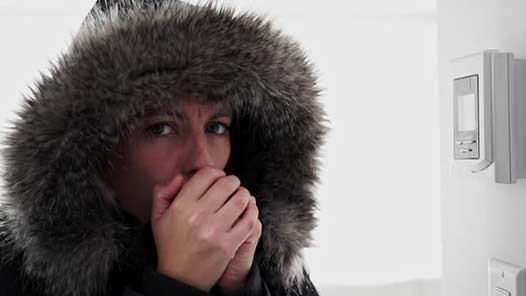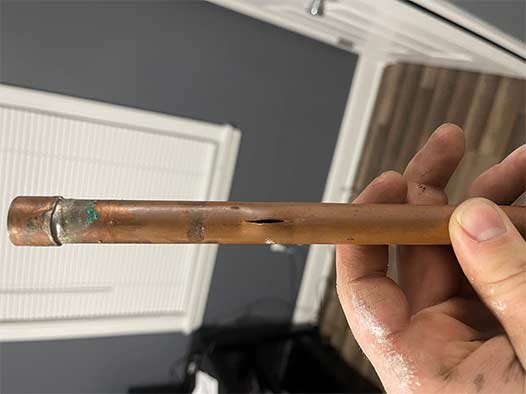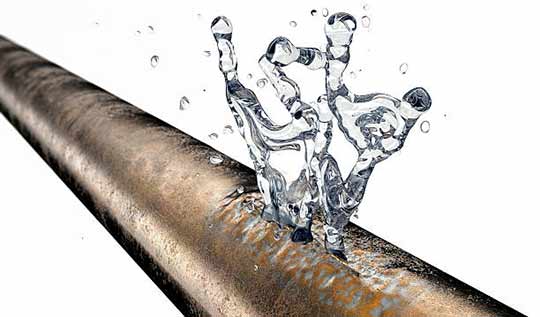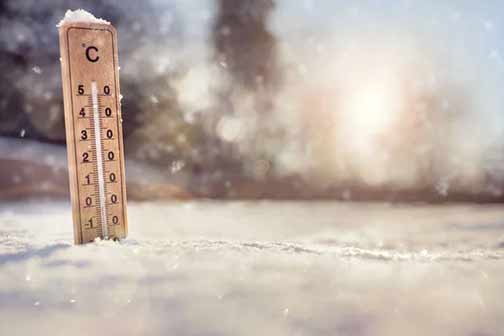
Frozen and burst pipes are the number one winter plumbing issue for Chicago homeowners, according to Foothills company. During winter, the water inside your pipes can freeze and interrupt your home’s water supply. The freezing water may even burst your pipes, leaving you with a mess and costly repairs.
This problem is not limited to outdoor pipes. It can happen to pipes inside the house, even if they are minimally exposed to cold air. That is because of the extremely harsh nature of Chicago winters; Chicago is consistently ranked as one of the coldest American cities.
With winter temperatures regularly falling below 32°F, frozen pipes are problems for homes in this part of the USA. However, the good news is the problem can be avoided. Just because it is winter doesn’t mean you have to endure frozen and burst pipes in your home.
You can protect your pipes from winter if you take the following precautions before the onset of cold weather.
Protecting the pipes in your Chicago home from winter
Know the status of your plumbing
The age of your plumbing pipes and the pipe material play a huge role in whether your pipes will burst after they freeze. Older pipes are more vulnerable to winter temperatures. If the pipes in your home are near or past their expiration date, you should consider replacing them. If this is not possible right now, you should pay more attention to these vulnerable pipes.
Identify high-risk areas
Certain parts of your home’s plumbing are more likely to freeze than others. Areas highly susceptible to freezing winter temperatures include all unheated spaces inside your home. Pipes are located inside the basement and crawlspace. The attic, garage, and similar areas need more attention. That also applies to outdoor plumbing fixtures like hoses, faucets, irrigation systems, etc.
Drain pools and outdoor faucets/hoses
If there is no water inside a pipe or receptacle, the chances of freezing are zero. Outdoor plumbing fixtures that will not be in use during winter should be drained fully. Disconnect outdoor hoses from connected faucets and drain them. Drain your swimming pool and sprinkler system. Shut the inside valve on outdoor hose-bibs/faucets and open the bib/faucet to let it drain completely.
Insulate unheated spaces
If possible, insulate the unheated spaces in your home – attics, basements, and crawlspaces – to keep them warm and minimize heat loss. You may also want to extend your home’s heating to these spaces. Insulate exposed water pipes in the garage, basement, crawlspace, and under kitchen or bathroom cabinets. You can do this with old newspapers or professional products like foam and fiberglass insulation.
Seal gaps and cracks
Gaps, cracks, and other openings in your walls, roof, and foundation increase the rate of heat loss inside your home. Weak or missing window and door seals also do the same thing. Have a professional inspect your basement, attic, garage, crawlspace, foundation, walls, roof, windows, and doors for gaps, cracks, openings, and weak seals. Seal all openings; paying particular attention to places where pipes and wires penetrate the exterior surface of the building.
Install heat cables/tape and anti-freeze faucets
The heat tape is an electrically-powered heat-generating cable you wrap around exposed pipes to keep them from freezing. When temperatures start to drop, the heat from the cable keeps the water inside the pipes warm. Anti-freeze or frost-proof outdoor faucets, on the other hand, have their shut-off valve far inside the home to keep the water inside the pipes from coming into contact with the cold air outside the house.
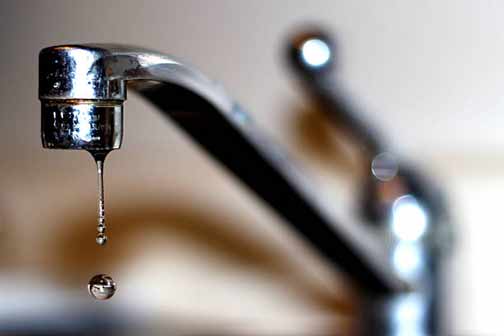
Leaving both the cold and hot water faucets in your home slightly open will keep the water inside your pipes moving constantly.
Keep cold air out, but let warm air circulate
Measures that let the warm air inside your home circulate while keeping cold air out will protect your pipes from freezing. Open kitchen and cabinet doors so heated air can reach the exposed pipes inside cabinets and below sink areas. Keep interior doors slightly open to let heat circulate inside your home. Keep garage doors closed to keep cold air out of the space.
Let faucets drip
Leaving both the cold and hot water faucets in your home slightly open will keep the water inside your pipes moving constantly. Pipes are less likely to freeze when the water inside them is flowing. Even when a faucet is dripping slowly, this small movement can help protect your pipes.
Keep your home warm
You want to keep the house warm at all times. Even if you plan to go on vacation for an extended period, do not switch off the heating inside your home. If your home will be unoccupied during winter, set the temperature to no lower than 55°F (13°C).
To conclude, note that you will get more out of the above recommendations if you inspect your plumbing before winter. That’s because a professional plumber can access the various parts of the plumbing to identify potential problem areas and help you fix them. This step will help to make your plumbing more resilient, significantly lowering the risk of frozen and burst pipes inside your house.
